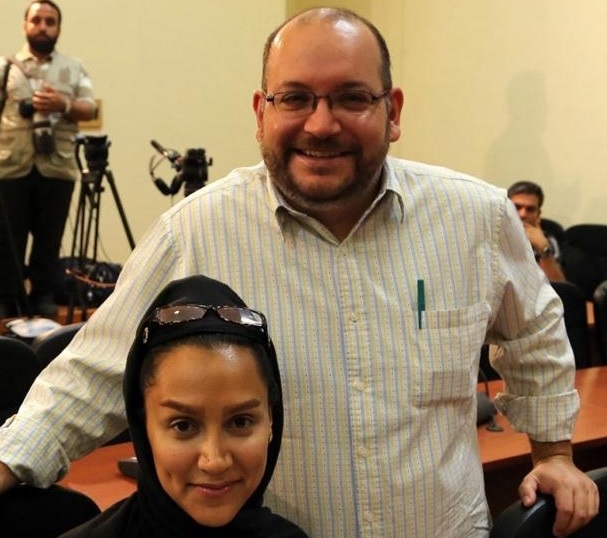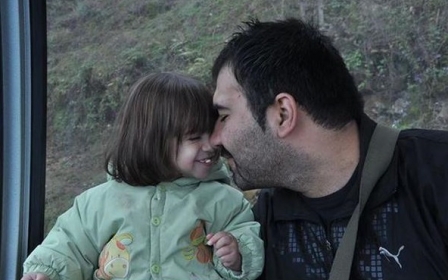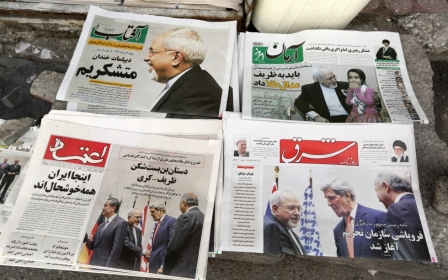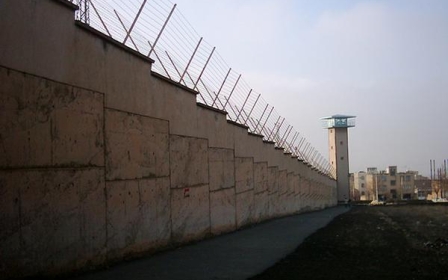Fate of held US citizens in Iran discussed at nuke talks
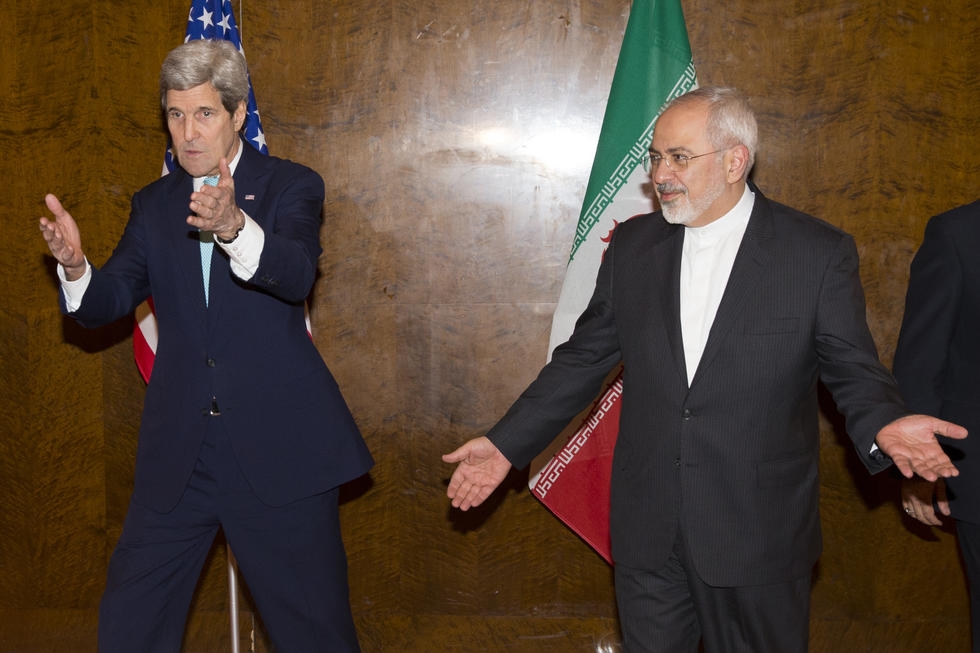
The fate of four American citizens held captive by Tehran was discussed on the sidelines of nuclear negotiations in Vienna prior to the announcement of the landmark deal, Iran's deputy foreign minister told reporters on Wednesday.
In the first confirmation by Iranian officials that such talks occurred, Abbas Araghchi said "humanitarian" reasons motivated the US-Iran discussion of the cases of the "imprisoned citizens". He did not elaborate.
The three American citizens are US Marine Amir Hekmati, Christian pastor Saeed Abedini, retired FBI agent Robert Levinson, and Washington Post reporter Jason Rezaian, who began a second year behind bars on Wednesday.
After three trial sessions since late May, the "slow-motion judicial process" may soon come to an end, the Post's executive editor Martin Baron said in a statement released on Monday.
Baron said that Rezaian's lawyer, Leila Ahsan, has been told by the Iranian authorities "that the next hearing will 'almost certainly' be the last, though no date has yet been set".
"There can be no reason for further delay," Baron added. "Any fair outcome would clear Jason of these manufactured charges so that he can be released and reunited with his family."
Rezaian was arrested with his wife, Yeganeh Salehi, also a journalist, at their Tehran home on 22 July 2014.
Salehi and a photographer who was arrested on the same day were released on bail after two and a half months in custody.
'He is not a murderer. He is not a spy'
Jason's American mother, Mary, has expressed hope her son will also be freed on bail.
"He is not a murderer. He is not a spy. This type of detention is hurting him. It's hurting his family. We want him on bail, released, with his family," she told reporters after the latest trial session on 13 July.
Rezaian's relatives have frequently expressed fears for his health, citing his need for blood pressure medication.
His lawyer and media have been barred from revealing any details about the case.
Rezaian's detention is politically sensitive because of his dual nationality, which Iran does not recognise.
The US, one of six world powers which recently struck a nuclear agreement with Iran, has repeatedly called for his release.
US Secretary of State John Kerry, who led the nuclear negotiations with Iran, told MSNBC that he had raised the issue with the Iranian Foreign Minister Mohammad Javad Zarif every time they met.
New MEE newsletter: Jerusalem Dispatch
Sign up to get the latest insights and analysis on Israel-Palestine, alongside Turkey Unpacked and other MEE newsletters
Middle East Eye delivers independent and unrivalled coverage and analysis of the Middle East, North Africa and beyond. To learn more about republishing this content and the associated fees, please fill out this form. More about MEE can be found here.


